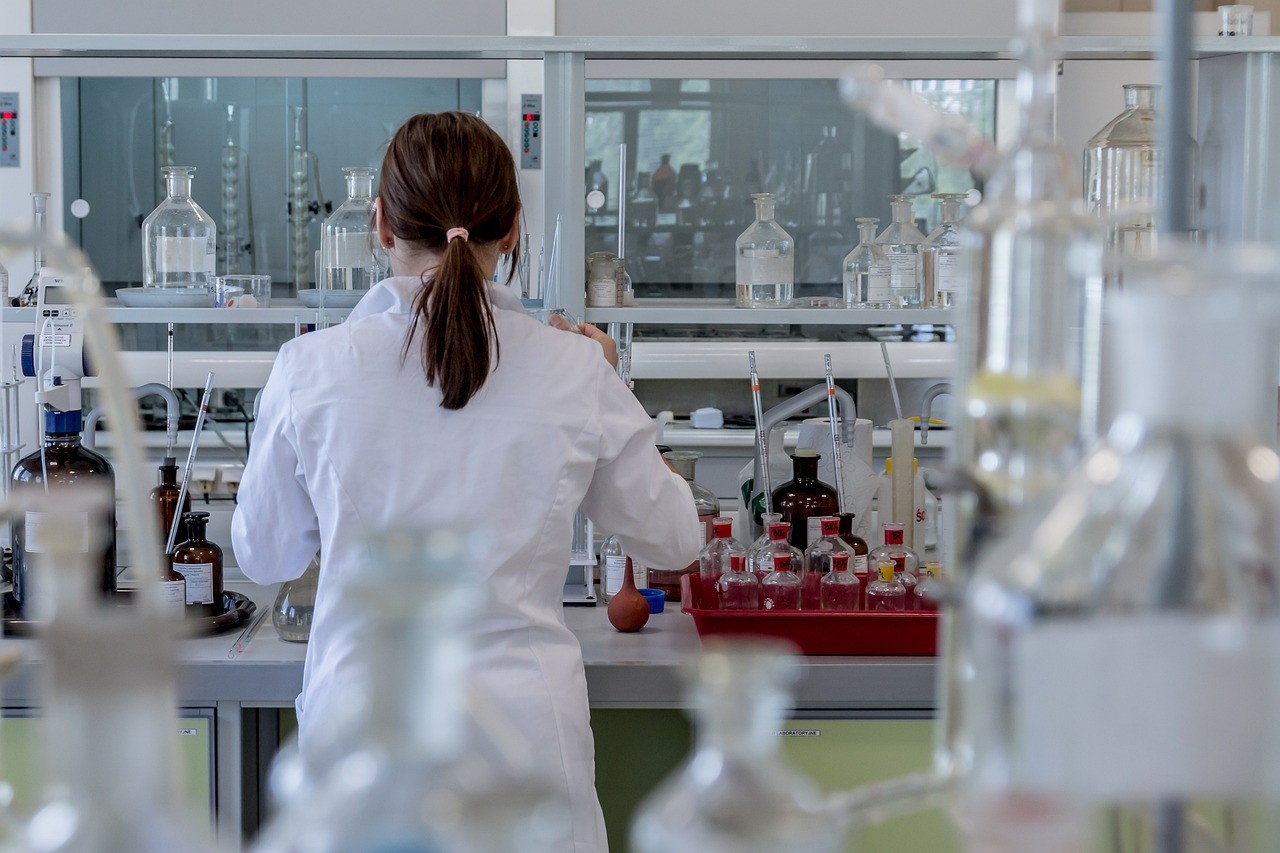Things You Should Know About Medical Waste: Regulations, Risks, And Practices
9/29/2023

Medical waste is a primary source of biohazardous waste. It has become a crucial global issue to address especially in places and countries with high numbers of populations. However, this issue is often overlooked and it can harm not only medical professionals but the entire community as well.
Regulation
Medical waste poses a danger to the environment and humans if managed incorrectly. Therefore, it is imperative it has to be properly regulated. Basically, it involves state monitoring in handling medical materials and equipment as well as policies that are in place regarding storage methods, type of material, container for disposal, and frequency of collection.
Risks
Proper handling of biomedical waste is also important to provide safety to the community. However, it must be managed with extra care to avoid detrimental effects on the environment since some medical waste contains harmful products that can contaminate the environment.
It is believed that education on medical waste management is necessary to prevent health-related conditions and risks due to exposure. Health hazards can be in many forms such as viruses, toxins, and bacteria which can impose health threats if not properly managed.
Practices
Individuals, health professionals, and health care professionals should take part to ensure the safety and proper handling of medical waste per regulations. These examples not only aid in ensuring individual safety but also inhibit the spread of risk to the environment.
The Takeaway
With medical advancement, raising awareness of the risks of improper disposal of medical waste should be one of the priorities. Simple aftercare or proper disposal of infectious waste such as used needles, bandages, and dressings should be managed according to policies and regulations to prevent risk to the environment and people.
